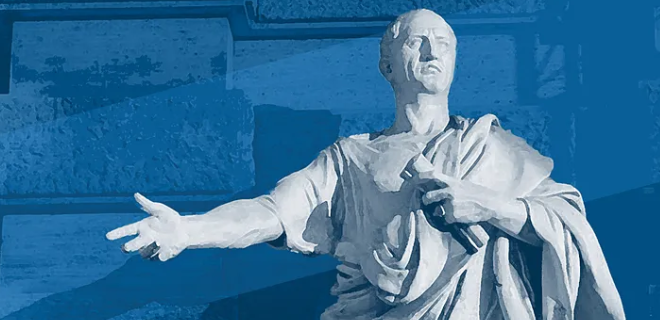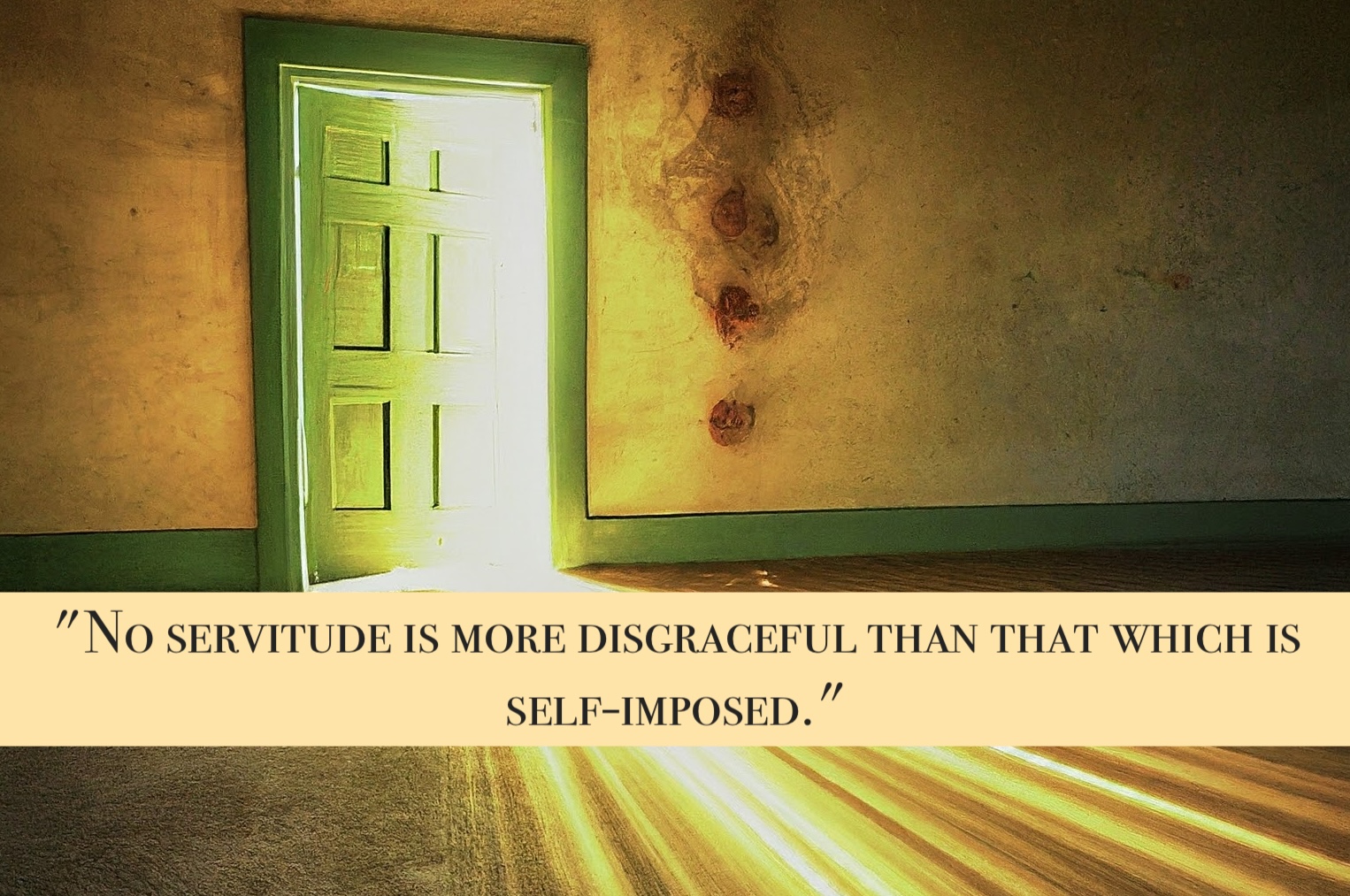Embracing Cicero’s Insights: Acknowledging Our Everyday Mistakes

Cicero, the forgotten Roman hero back in First Century BCE mentioned six mistakes we as a man make everyday. It surprises me to the fact that we haven't worked to avoid these mistakes even though it has been evident for more than 2000 years.
The six mistakes we all make, according to the Roman Stateman Cicero are:
- Believing that personal gain is made by crushing others:
- Cicero's warning strikes a chord within me as I witness the pervasive belief that personal success can only be achieved at the expense of others. However, the pursuit of such gain through the oppression of fellow beings ultimately leads to our own moral and spiritual impoverishment.
- Worrying about things beyond our control:
- Anxiety grips us as we obsess over matters that lie beyond our power to change or correct. Cicero advises us to free ourselves from the burden of unnecessary worry, redirecting our energy toward constructive endeavors within our sphere of influence.
- Insisting that a thing is impossible because we cannot accomplish it:
- Cicero's perspective challenges the self-imposed limitations we place upon ourselves. Instead of dismissing something as impossible based solely on our perceived inadequacies, he inspires us to cultivate a mindset of resilience and determination, transcending the barriers we create within our own minds.
- Refusing to set aside trivial preferences:
- Human nature inclines us to attach undue importance to inconsequential matters. Cicero emphasizes the folly of investing time and energy in trivial preferences, urging us to prioritize what truly matters in the pursuit of a more meaningful existence.
- Neglecting the development and refinement of the mind:
- Cicero recognizes the immense value of intellectual growth and refinement. Yet, we often succumb to the temptations of ego and laziness, depriving ourselves of the intellectual nourishment necessary for personal and societal progress.
- Attempting to compel others to believe and live as we do:
- The desire to control and impose our beliefs upon others is a pervasive error that Cicero astutely identifies. Recognizing the inherent diversity of human experiences, he urges us to embrace tolerance and respect for differing perspectives.
There are lots of lesson we can learn from this forgotten Roman hero. But these strike me as it's common to all of us we all make these mistakes all the time. Greed has been the character of the modern day man and the modern day capitalism. We even argue that Greed is Good. But is it? Cicero says crushing others will not result in personal gains. Also, one of the most common cause of anxiety is worrying. We worry a lot about future, present day situation, health, death and even success. It does not makes sense to worry of the thing that are not in our control. We cannot change what is not in our control. So worrying about the thing we cannot change makes no sense. But we do it all the time.
One of the common cause of failure is giving up on things thinking its impossible. But Cicero insists that it is a mistake to believe a thing is impossible because we cannot accomplish it and it's hard to disagree. Human, I believe are the only animal who give lots of preferences on trivial things. We worry and care about lots of things that do not even matter (like other people perception, opinions, judgements, and so on). It's hard for human to refuse it and its a huge mistake we do all the time.
The another mistake we all make is neglecting growth; our mental growth whether it might be because of ego or laziness, we do this all the time. Human have the tendency to control other and want others to live, act and behave as they want. But cannot compel other to do this. But we all do this all the time. Its a mistake.
The tragedy lies in witnessing these six mistakes perpetuated in the 21st century, even though they were identified centuries ago. Let us rise above the limitations of the past, learn from our shared missteps, and forge a future guided by Cicero's invaluable lessons




Leave a Reply
You must be logged in to post a comment.